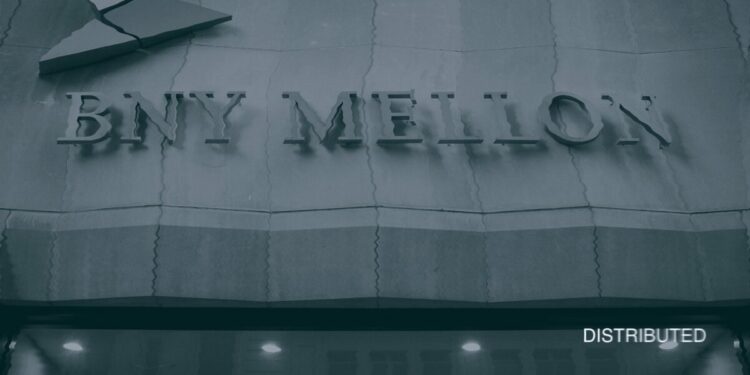- The CFTC’s investigation revealed that BNY Mellon failed to accurately report over 5 million swap transactions.
- BNY Mellon has agreed to hire an independent compliance consultant to review and enhance its compliance program
The Bank of New York Mellon has agreed to pay a $5 million fine to the US Commodity Futures Trading Commission (CFTC) after the regulator uncovered widespread failures in the bank’s swap reporting and supervision practices, Reuters reported.
This settlement aimed to address violations that spanned from 2018 to 2023, including breaches of a previous CFTC order. The CFTC’s investigation revealed that BNY Mellon failed to accurately report over 5 million swap transactions during the period in question.
The bank, which manages the swap dealing business for its parent company, BNY Mellon Corp, also fell short in supervising its swap dealer operations. These lapses resulted in repeated violations of a 2019 CFTC order, leading to a hefty penalty.
See Related: Bitcoin Price Targets Under Pressure As CFTC Files A Lawsuit Against Binance
Regulatory Breaches And Previous Violations
The charges brought against BNY Mellon are particularly significant because many of the reporting failures occurred after the CFTC had already issued an order against the firm in 2019. The prior order mandated stricter compliance measures, yet the bank’s internal systems continued to falter, leading to a massive underreporting of swap transactions.
According to the CFTC, the repeated infractions demonstrated not only a failure in reporting but also inadequate supervision of the bank’s swap dealer business. These shortcomings exposed significant weaknesses in BNY Mellon’s compliance protocols, prompting the regulator to enforce this substantial penalty.
In response to the CFTC’s findings, BNY Mellon has reportedly taken steps to address the deficiencies identified. The bank has agreed to retain an independent compliance consultant who will review and enhance its compliance program. This move is intended to prevent future violations and ensure that the bank’s reporting and supervision processes meet regulatory standards.



